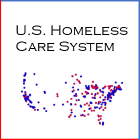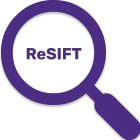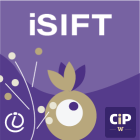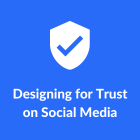
Modeling Online Information Sharing of US Homeless Care Organizations Response to COVID-19 Pandemic
Homelessness is a multifaceted crisis that includes many common information and community challenges, such as social instability, systemic inequity, and discrimination. We combine social network analysis, Natural Language Processing, and stochastic topic modeling to measure online information sharing among U.S. homeless care organizations. Analyzing four years of social media data from major federal homeless care communities reveals evidence of a robust-growing homeless service community interacting with the marginalized Hispanic/Latinx population shortly after the announcement of COVID-19. This study offers valuable practical policy implications for U.S. homeless services organizational learning.










